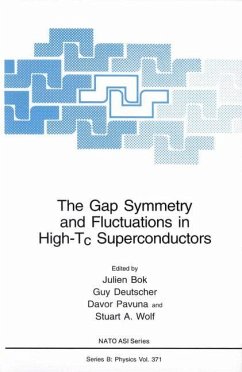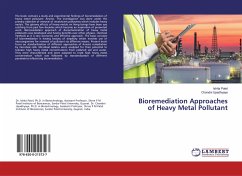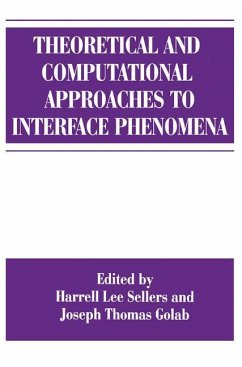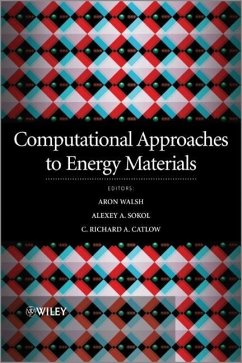
High-Tc Superconductivity: Theoretical and Experimental Approaches
Versandkostenfrei!
Versandfertig in über 4 Wochen
157,99 €
inkl. MwSt.

PAYBACK Punkte
79 °P sammeln!
Superconductivity is a physical phenomenon wherein certain materials conduct electricity with zero resistance when cooled below a critical temperature. One of the key characteristics of superconductors is their ability to expel magnetic fields, a property known as the Meissner effect. This property allows for levitation of magnets above superconducting materials, leading to applications like magnetic levitation trains and high-speed transportation systems. Superconductors find use in medical imaging devices like MRI machines, where the strong magnetic fields they generate enable detailed imagi...
Superconductivity is a physical phenomenon wherein certain materials conduct electricity with zero resistance when cooled below a critical temperature. One of the key characteristics of superconductors is their ability to expel magnetic fields, a property known as the Meissner effect. This property allows for levitation of magnets above superconducting materials, leading to applications like magnetic levitation trains and high-speed transportation systems. Superconductors find use in medical imaging devices like MRI machines, where the strong magnetic fields they generate enable detailed imaging of the human body. Additionally, superconducting quantum interference devices (SQUIDs) are employed in extremely sensitive measurements of magnetic fields, aiding research in areas such as neuroscience and geology. This book unravels the recent studies in the field of superconductivity. Also included in this book is a detailed explanation of the various concepts and applications of superconductivity. As this field is emerging at a fast pace, this book will help the readers to better understand the concepts of superconductivity.












